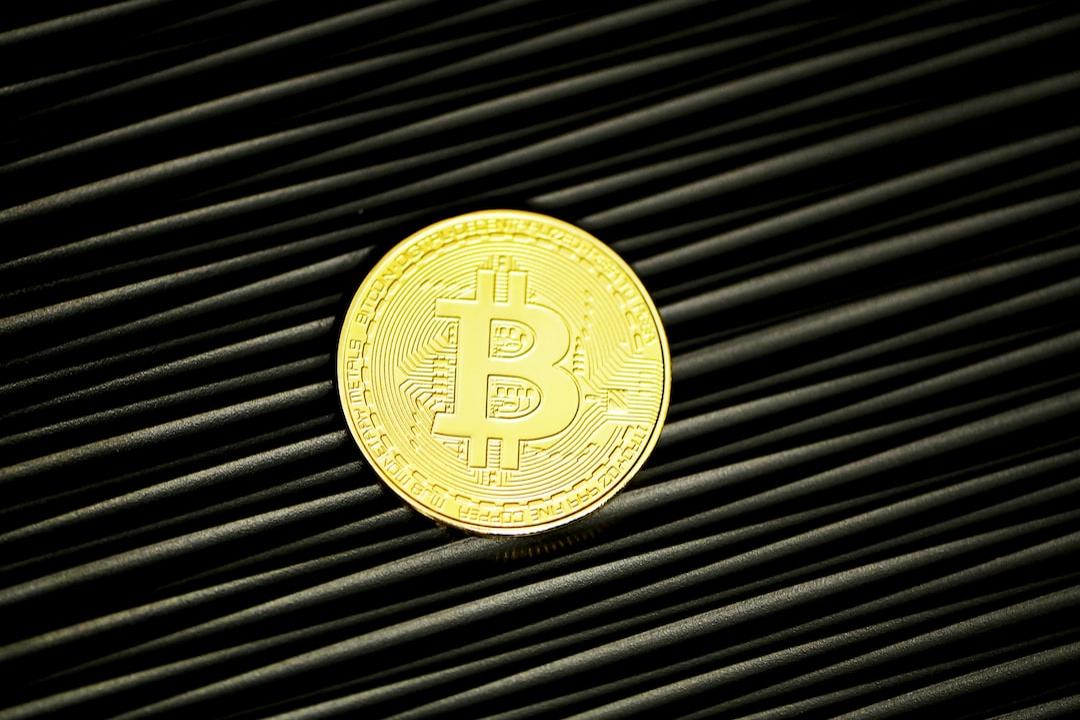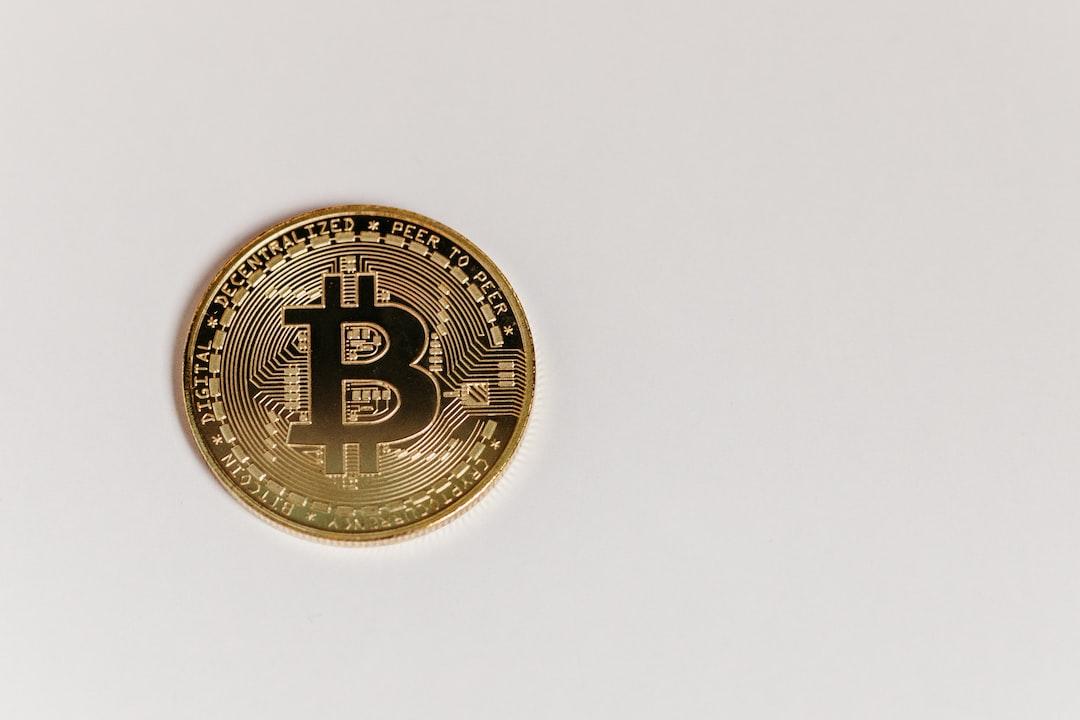US President Donald Trump plans to announce “Liberation Day” on Wednesday, April 2, with the implementation of 20% tariffs on imported goods.
Additionally, a 25 percent tariff on imported vehicles is set to go into effect as early as Thursday, April 3. These measures target countries that impose tariffs on American goods and could affect a wide range of imported goods. The stated goal is to reduce the U.S. trade deficit and strengthen domestic manufacturing.
Cointelegraph
It is estimated that more than $1.5 trillion in imports will be impacted by these tariffs, with a potential revenue of up to $6 trillion. Some of this revenue could be returned to American citizens in the form of “rebates,” according to members of the Trump administration. However, these proposals generate uncertainty in global markets, which await details on implementation and possible retaliation from other countries.
Economists warn that a widespread tariff could increase inflation in the U.S. by more than 2 percent, resulting in a loss of purchasing power of up to $4,200 per household. In addition, the average effective U.S. tariff could reach 32.8 percent, the highest level since 1872, significantly impacting the cost of living for American consumers.
Impact on the cryptocurrency market
Trump’s statements about imposing tariffs have been causing volatility in the cryptocurrency market since February. Bitcoin, for example, saw an 18% drop in the two months following the initial announcement of the tariffs in late January, reflecting increased risk aversion among investors amid trade tensions. BTC, which was close to $100 in early February, fell to as low as $76,600 in March and is now struggling to stay above the $82 level.

The uncertainty surrounding tariff policies and their economic implications contribute to the caution of cryptocurrency investors, causing the selling force to predominate.
Bitcoin is currently trading at $84,701, up 2%. Volatility remains high and Bitcoin is still at risk of losing the important $80 support and even testing $70 in the short term.


